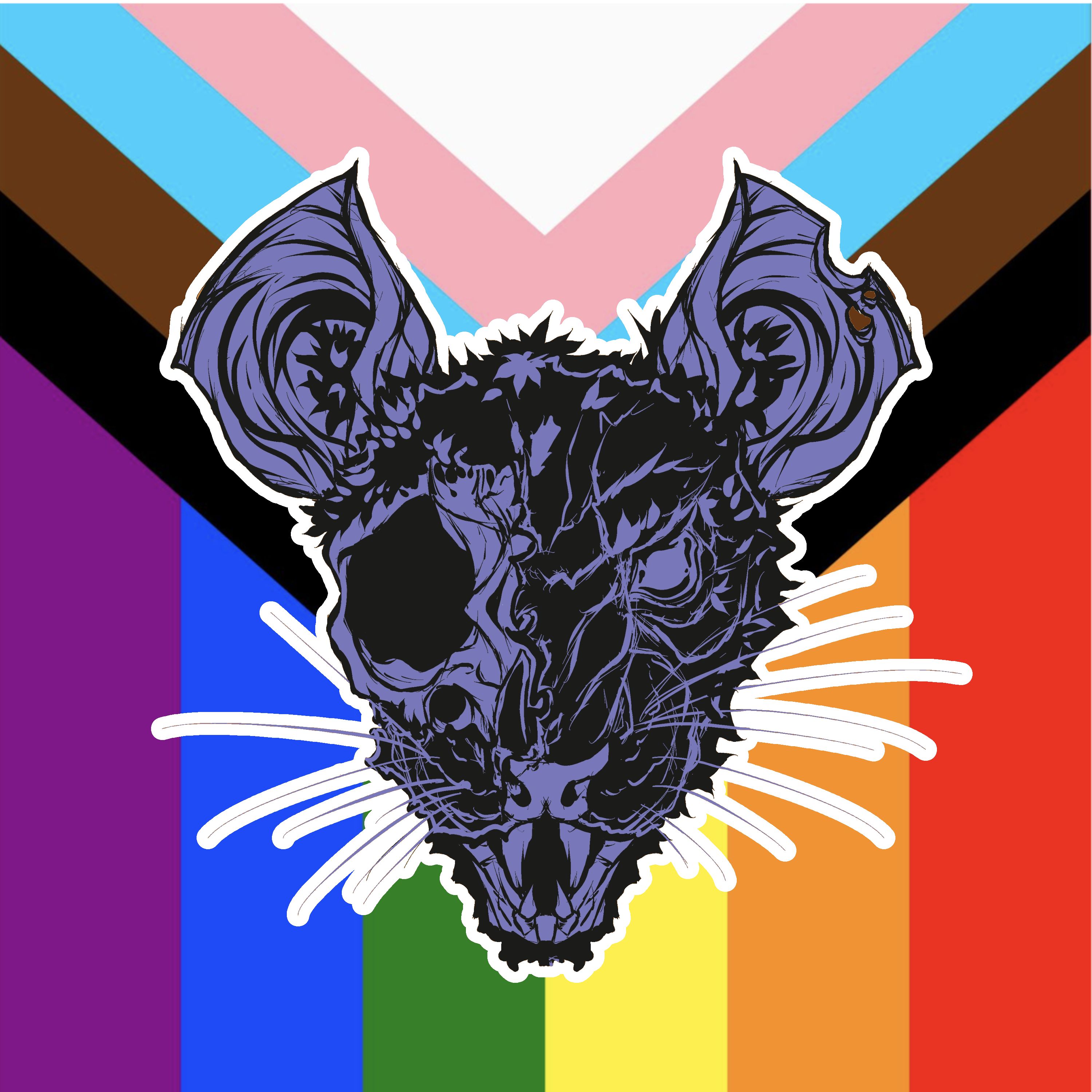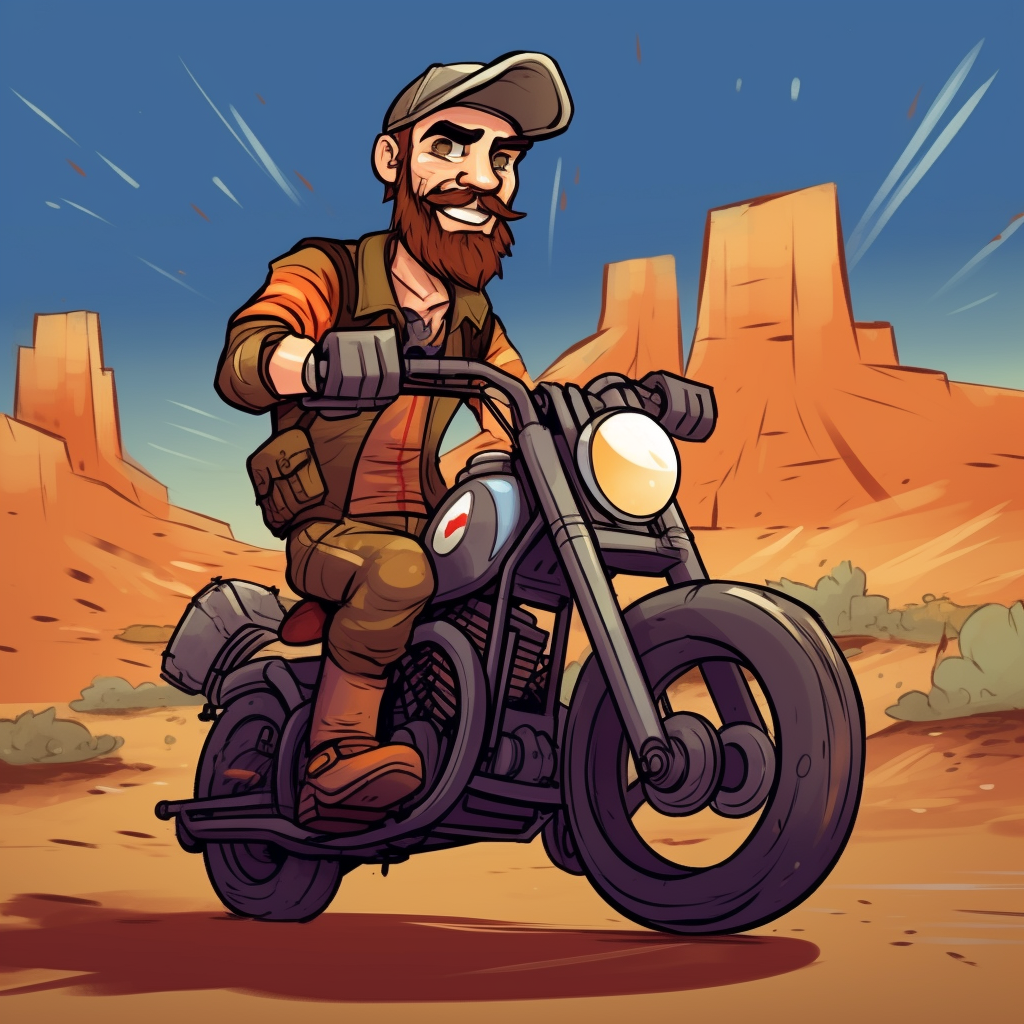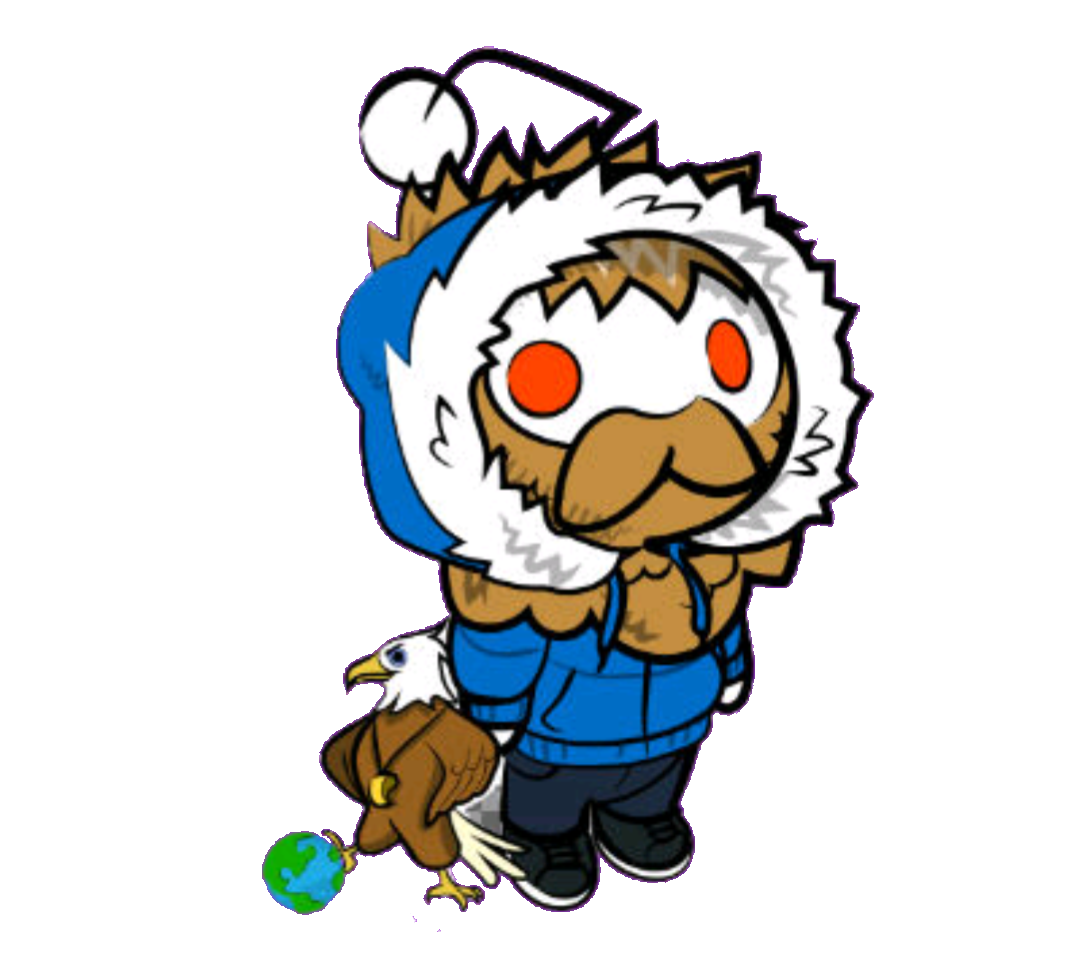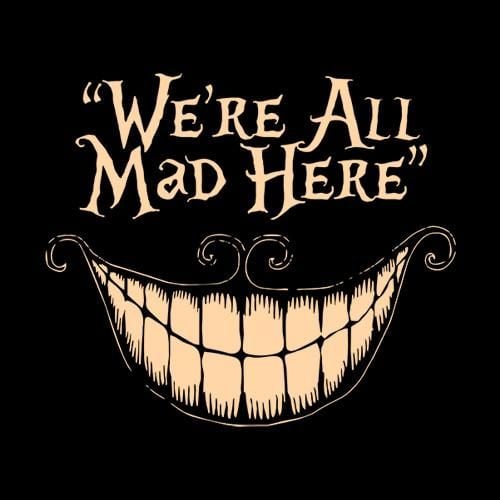Finally a thought I am prepared for. Haha
I’m sorry, I have to disagree. While I understand that the novel can have multiple interpretations, what speaks to me most is the concept of “society” itself being the monster in Mary Shelley’s “Frankenstein.”
Consider Victor Frankenstein, whose pursuit of knowledge alienates him from the society that should nurture scientific curiosity. He describes his isolation, saying, “I had worked hard for nearly two years…but now that I had finished, the beauty of the dream vanished, and breathless horror and disgust filled my heart.” (Chapter 5) The societal norms that make Frankenstein’s endeavors “forbidden” and “unearthly” indirectly contribute to his downfall.
Now, let’s think about the creature. Born innocent, its transformation into a destructive entity is catalyzed by societal rejection. The creature’s interaction with the De Lacey family highlights society’s instinctive fear of physical difference. The blind De Lacey is kind to the creature, demonstrating that without the bias of sight, acceptance is possible. But when his sighted family members encounter the creature, they react with fear and violence.
Rejection after rejection, the creature finally voices its anguish: “I am malicious because I am miserable. Am I not shunned and hated by all mankind? You, my creator, would tear me to pieces and triumph; remember that, and tell me why I should pity man more than he pities me?” (Chapter 17) This lament encapsulates how societal prejudice and rejection can breed monstrosity.
In reading the novel, I see the destructive power of societal norms and prejudice, where both Victor and his creature, misunderstood and ostracized, spiral into destructive paths. To me, society’s inability to accept, understand, and empathize is what manifests the true monster in “Frankenstein.”
Perhaps it’s just my own personal experiences with society, feeling like an outcast, or at least not fitting into social norms, coming through in how I interpret the novel. However, I strongly believe that Mary Shelley’s work invites us to question who the real monster is, and I find society’s role in shaping the narrative impossible to ignore.
See for me it’s not so much the rejection of science itself as the fact that he was trying to play God and the creature was a reflection of that. There might even be a metaphor in there somewhere regarding original sin and God’s rejection of man. He creates this thing then abandons it because it’s not perfect. Had he an ounce of love things would’ve turned out differently.
He even dug up corpses to pursue this knowledge of creation. He chose to stick to outdated science even while professors and his father tried to show him new fields of science. He wasn’t pursuing science, he was pursuing an outdated model of knowledge.
That’s a really fascinating perspective, it’s definitely set my mind spinning. I reckon our theories might actually mesh together in a way.
Consider why Victor felt the need to abandon his creation. Was it not in part due to his dread of society’s judgement, which, in turn, highlights the destructive influence society can wield?
And regarding the aspiration to ‘play God,’ could it possibly be an offshoot of societal pressures and expectations?
The novel is incredibly rich, and all too often, it’s overly simplified.
Great post OP, really an engaging discussion. (At least I think so)
Your version reminds me of Vonnegut’s that was something like this in an imagined conversation with Mary Shelly: “Dr. R - Does it bother you when people call the monster in the book ‘Frankenstein’? MS - Not really. There were two monsters in the book, after all, and one of them was named ‘Frankenstein.’”
deleted by creator
Thanks, almost like I’ve answered this before haha
Well said. But most people aren’t going to want to realize that the monsters are us.
No. It’s pronounced Fronkensteen.
I think they named the soft drink Mønster after him:.
Fronkensteens Mønster.
The real monsters are the ones who don’t realize Frankenstein was the name of the doctor.
I love the Hammer’s adaptation, Victor is a real asshole.
Congratulations?






